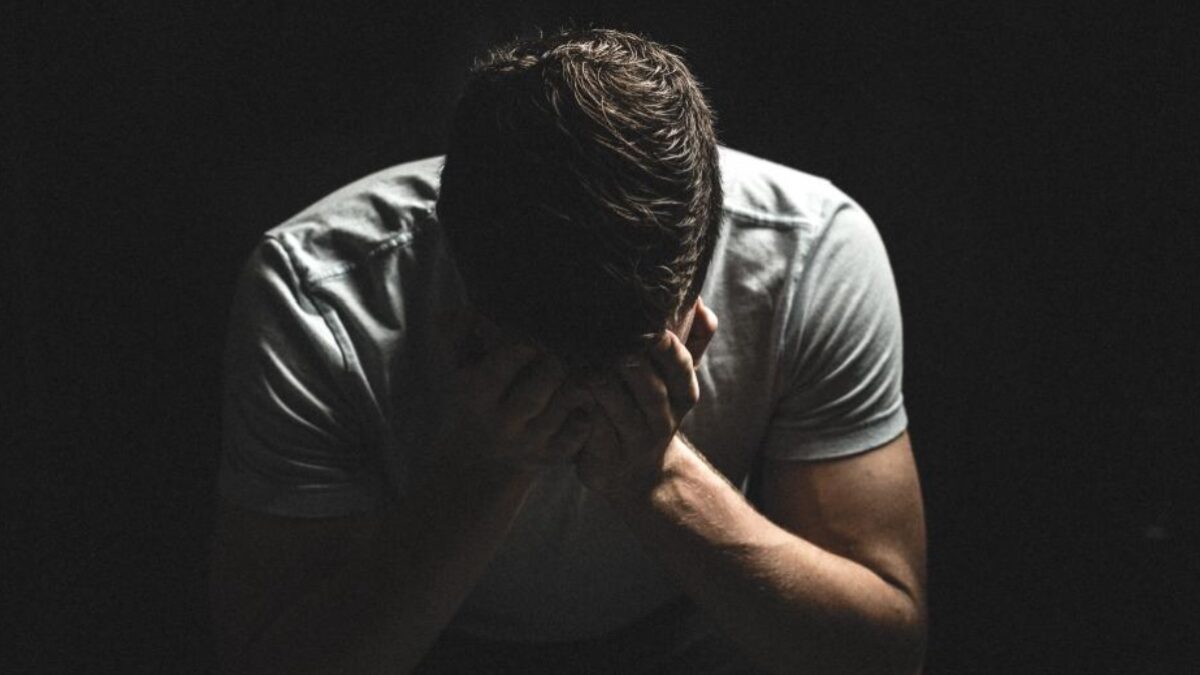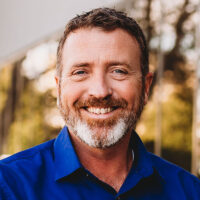Thirty-four years ago, President Ronald Reagan and Congress named October Pregnancy and Infant Loss Awareness Month. Their goal was “to increase our understanding of the great tragedy involved in the deaths of unborn and newborn babies” and to raise awareness of how to “meet the needs of bereaved parents.”
But I didn’t need the president of the United States to tell me about the grief of losing a child. Six months before the declaration, I lost my first of three children. Like many parents who lose a child, I felt confusion, grief, and sorrow. But unlike those who lose a child through stillbirth or miscarriage, I had no one to help me come to terms with my pain, because my child was aborted.
Pregnancy and Infant Loss Awareness Month has done a great deal to open people’s minds and hearts about miscarriage and stillbirth, but there is still widespread misunderstanding about how abortion harms both women and men. My story of lost fatherhood is common, but it is also commonly misunderstood.
My Experience
I was just 18 when my child died. I opposed the abortion but tried to “support” my then-girlfriend by accompanying her and her mother to the abortion center. I had spent years overcoming a difficult childhood, getting my life on track for success — but the abortion changed that. Confused, hurt, and ashamed for reasons I didn’t yet realize, I tried to hide it all by staying busy — drifting around the country, changing jobs, and avoiding getting close to anyone.
But this unhealthy lifestyle came back to bite me just a few years later when a different ex-girlfriend told me she was pregnant. We’d only had a brief relationship, so this was the definition of an unexpected pregnancy, one she wanted to end with an abortion. I begged her to keep the child, offering to marry, raise the baby without her, or even place the child up for adoption. But she turned me down, saying our child wasn’t a baby and that it wasn’t my choice.
Like many men, I believed she was right. My opinion didn’t matter; my pain and regret were inappropriate. It took 17 years for me to begin to find healing, to begin to understand so much of my pain and shame came from feeling helpless to protect my unborn children. And it was years later that I began to truly understand that I wasn’t alone, that “pregnancy loss” often profoundly affects men.
A Place to Heal
There’s very little data about how abortion harms men and women, but what we do know is that it hurts a great deal. Data on how abortion hurts men and women are not well publicized. Research in Support After Abortion’s 2021 Annual Report showed that while 44 percent of men said that they did not have a say in the abortion decision, 71 percent of men said they had experienced adverse effects.
Women face the brunt of social pressure related to abortion — whether it’s being told that abortion is a sin or that abortion should be celebrated. But at least society recognizes that women are involved with abortion, which can sometimes give them avenues of opportunity for care, love, and healing. For men, who often oppose the abortions their partners procure, society presents no such opportunity. We crawl inside ourselves to stuff away the pain, not realizing that anger, depression, and pornography addiction are often symptoms of the pain we won’t acknowledge even to ourselves.
After nearly 50 years of nationally legal abortion, things are beginning to change for men and women. Numerous organizations offer men and women a place to heal, to make better choices so that the ripples of abortion aren’t so widespread. And I’m proud to be associated with Support After Abortion, which connects people seeking healing from abortion to those who provide it, and equips providers with curriculum, resources, and training — all with compassion and without judgment — to reach hurting people and help them find hope and healing after abortion.
But there are millions of men who, like me 30 years ago, remain alone in their pain and grief. Any good clinical therapist will tell you that healing can only begin by being honest with yourself — acknowledging pain, uncovering the source of that trauma and pain, and taking responsibility for actions taken in response to that pain. Pregnancy and Infant Loss Awareness Month is the right time for men to come out of their shadows and find their path to real recovery.









